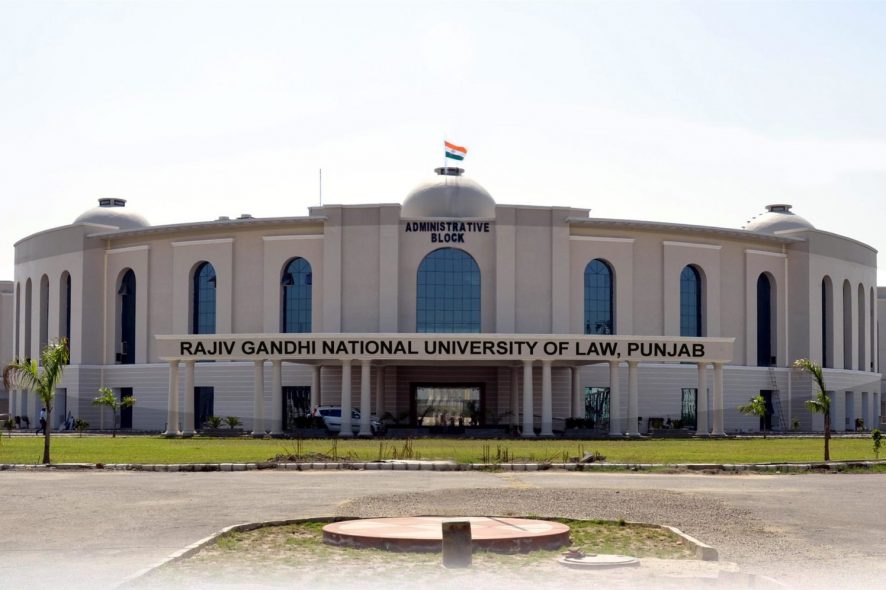About RSRR
The RGNUL Student Research Review (RSRR) Journal is a bi-annual, student-run, double-blind peer-reviewed, flagship journal based at Rajiv Gandhi National University of Law, Punjab. It has been founded with the objective of facilitating arguments in black and white. Legal Research skills form the core of the learning process in any dimension of law.
RSRR, in 2017, began with its Blog Series which provides a platform for critically analysing contemporary and unexplored legal issues. The RSRR Blog Series was named one of the top 35 Constitutional Law Blogs by Feedspot. It has been chosen from thousands of options based upon the relevance and influence of the blog, among other factors.
Call for Book Reviews
The RSRR Editorial Board invites submissions from students, academicians, lawyers and other professionals from the legal fraternity on a rolling basis. The selected book reviews will be published on the website of RSRR.
Books are a powerhouse of utility. Even in the legal field, books form an important source of information for scholars, academicians, students, inter alia. They, thus, require critical analysis. A book review is descriptive and analytical. It entails a dispassionate evaluation of the quality, meaning and significance of a book. It focuses on the body of research, which readers do not delve into.
Through this initiative, RSRR aims to critically examine the ideas promoted by the author of any legal literature with originality and legal tenability. The aim is to provide a holistic understanding and a balanced critique of books that have a legal central theme. The book can be fiction, non-fiction, autobiography, etc. as long as its primary focus is on the law.
Submission Guidelines
- All submissions must be in Garamond, font size 12, spacing 1.5.
- Referencing:
- Manuscripts must include hyperlinks for relevant legal sources and other information, including any laws, legal documents or facts which are mentioned.
- The Hyperlinks must only link to legal or reliable/ respected news sources. Deviations or interpretations of existing literature should preferably be referenced as endnotes to give due credit to the original author.
- Relevant legal sources that cannot be accessed online may be referenced as endnotes.
- The endnotes should be in Garamond, font size 10, single-spaced.
- Endnotes should be in Standard Indian Legal Citation (SILC) format.
- The word limit for each post is 1200-1500 words (exclusive of endnotes).
- Authors are required to provide an abstract of 100 words along with the keywords that represent the essence of the submission. The abstract is to be submitted along with the article itself.
- The entries should be submitted in the .doc/.docx format only.
- Entries that will be selected after the review stages shall be published on the RSRR Website.
- E-Certificates will be awarded to the authors of each published blog.
- Co-authorship of a maximum of 2 persons is permitted.
- The author(s) bear sole responsibility for the accuracy of facts, opinions, or views stated in the submitted manuscript.
- In case of plagiarism found in the contents of the submitted manuscript, the manuscript shall be subject to rejection.
- Copyright of all blog posts shall remain with RGNUL Student Research Review.
- All moral rights shall vest with the author(s).
- The manuscripts not abiding by the above guidelines are liable to be rejected.
Submission Procedure
All the submissions must be submitted through the Google Form.
Contact
In case of any query, mail us at submissionsrslr@rgnul.ac.in.
RSRR website can be accessed here.
Previous Blog series are available here.
Furthermore, the following can be contacted:
Anjuri Saxena (7901857831)







